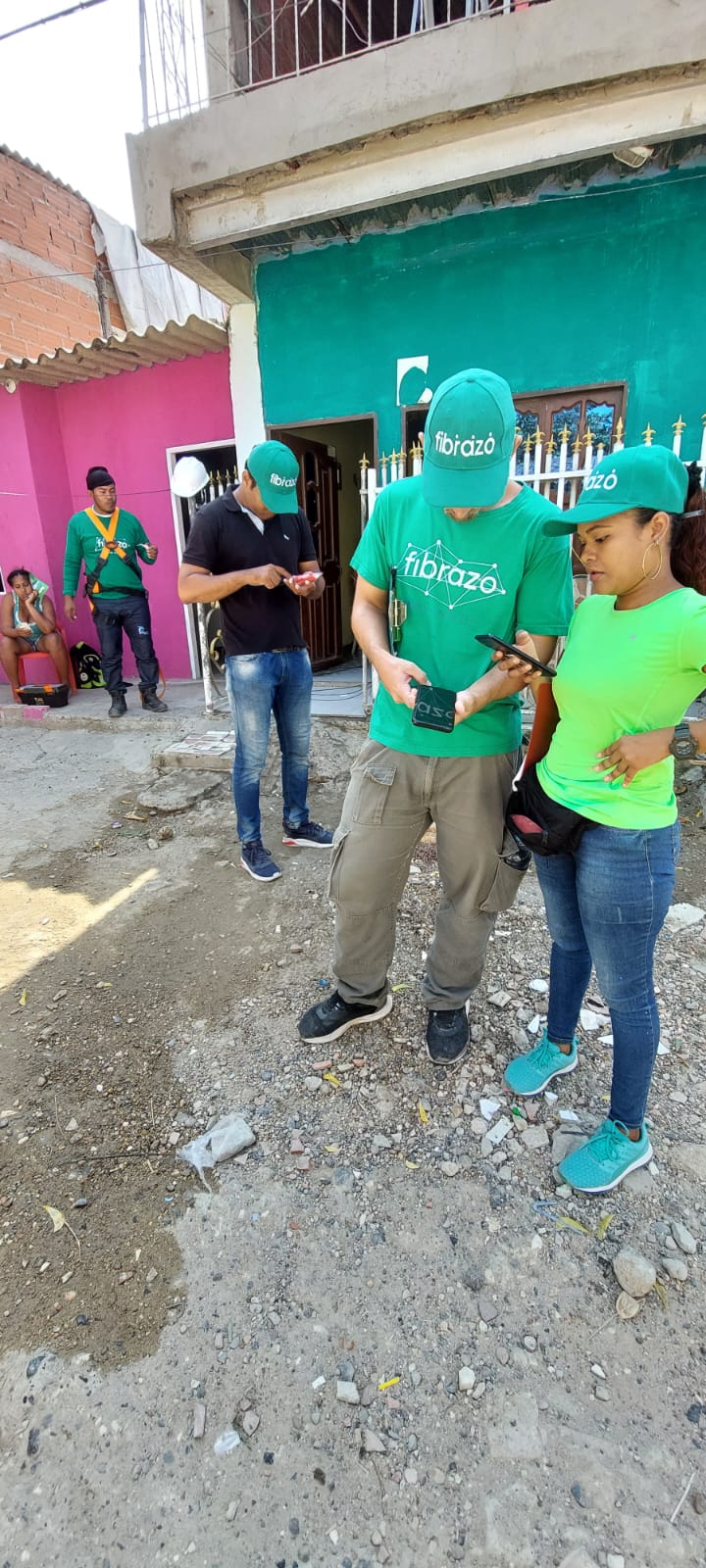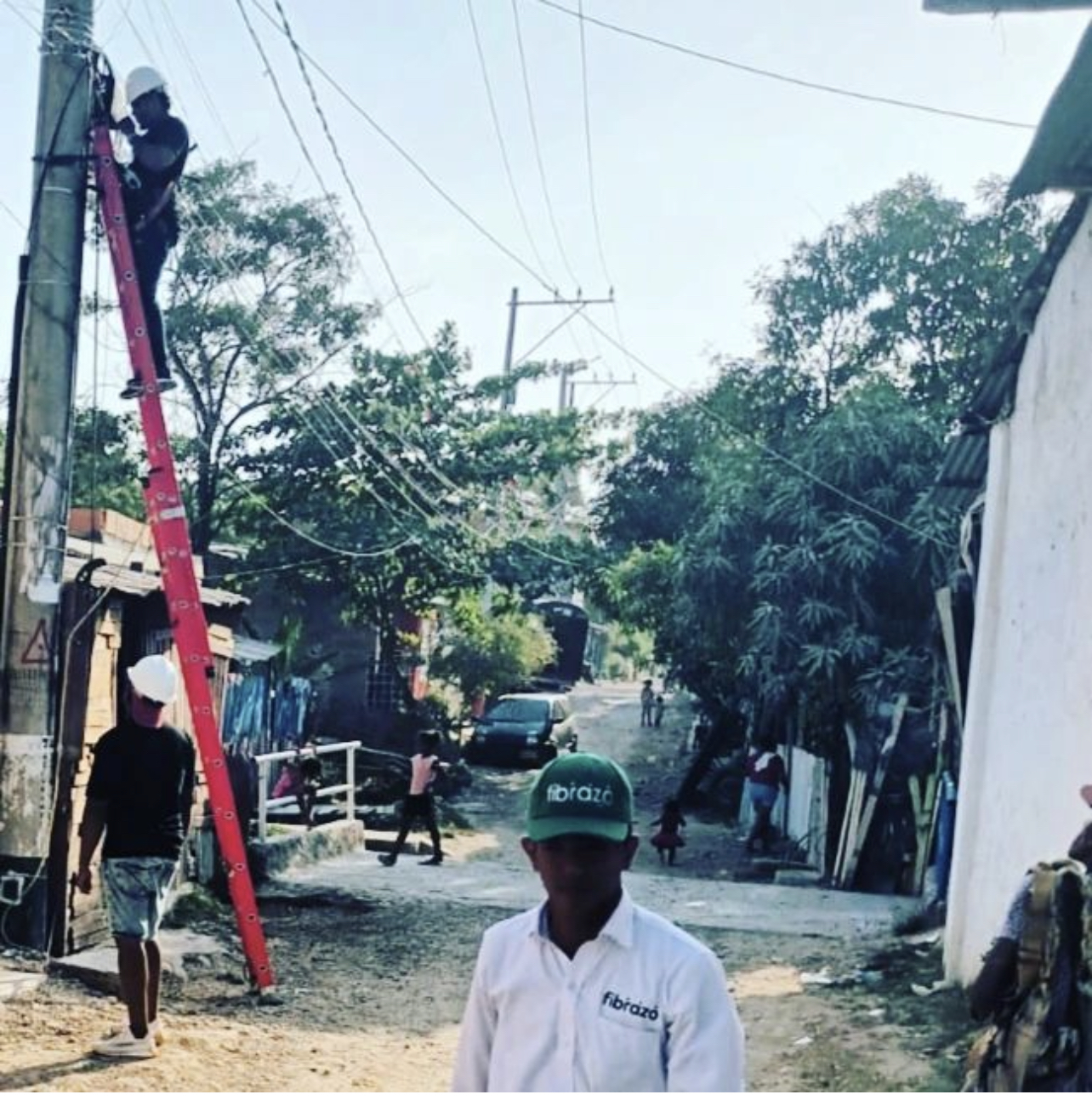Q&A with the Winners: Emiliano Mroue
In this Q&A, Emiliano Mroue talks about his team’s solution — PAYGO FTTH in LatAm’s Barrios — which won the 1st Place, Business Models Proof of Concept prize in the 2022 Connecting the Unconnected Challenge.
1.Please summarize your winning solution

In Latin America there are over 40M households without access to residential broadband services, broadening the digital divide in the continent- millions more are underserved with services and technologies that are obsolete. Most of these households are in urban and peri urban neighborhoods (“barrios”). They are un/underserved not because they do not want/need broadband, but mostly because the incumbents have neglected them for too long. Serving this base can be profitable and socially transformative, but it requires a radical business model approach.
Fibrazo is a Colombia based (US-registered) start-up bridging the digital divide by fostering connectivity in these un/underserved urban and peri urban communities (Estrato 1). Fibrazo has developed a pay-as-you-go fiber to the home business model, to eliminate the barriers of having a residential service, in barrios where residential services are scarce. Clients do not need to have an ID, a bank account, a credit card, a formal address nor proof of it, and they do not have to make any buying commitment. Once the service is installed, they have a two-week free trial to experience how FTTH is either faster and more reliable than any other service (if any) and how it is significantly cheaper than relying on mobile data. At the end of the trial, they simply purchase a data-unlimited plan for 7, 15 or 30 days, which they can pay in cash in third-parties cash collection points in the barrios.
2.What is the most unique/innovative aspect about your approach?
Fibrazo’s product and its key innovations are:
- Fiber to the home, high speed internet in the poorest neighborhoods in LatAm
- Unlimited data (vs. metered data from mobile solutions)
- Pay per 7, 15 or 30 days (vs. fixed monthly fees of other Telcos)
- No contract, or commitment (if they do not pay, they do not incur any debt)
- No installation costs (vs. $10-20 of others, if any)
- nothing like trying it for yourself, so we provide a two-week free trial, to eliminate any info / knowledge asymmetry. If they like it, they can buy more, if they do not, there is no consequence
- No need to provide an ID or proof address, they can just send a location pin via WhatsApp. In many cases, Fibrazo becomes their first ever formal residential service opening additional services to them
- borrow internet days, interest rate free, and pay back in the next purchase (in case the household suffered a short-term drop of income / delay in receiving a salary – something fairly common within this segment)
- households can pay using a digital solution (e.g., MercadoPago) or in cash in a cash collection point in their barrio (e.g., Pago Facil, Supergiros).
- we talk regularly to our clients and respond immediately to any query, complain (NPS of 64 vs 24 of the Telco industry).

3. What did you enjoy most about the CTU Competition and Summit Program?
The interactions with the experts were very interesting. We also enjoyed the feedback, comments, and exposure through the entire process.
4. What are your projects plans for the next 12-18 months?
We envision developing 150,000 home passes in Colombia’s poor cities and connecting 50-75,000 clients.
5. What is your estimate of the number of people impacted by your program?
Currently we are impacting approx. 20,000 people and increasing by the day.


